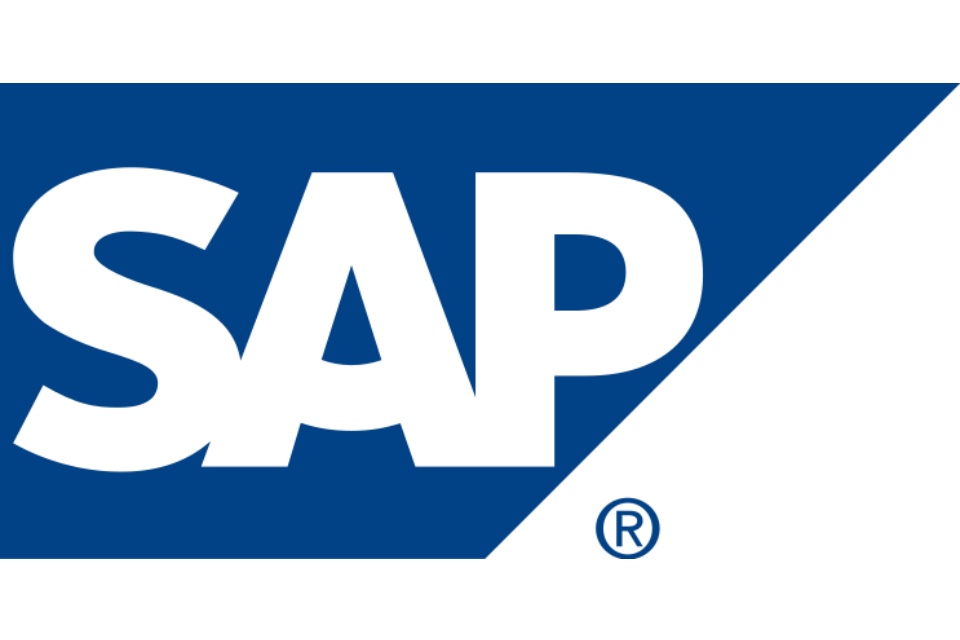Identity Access Management vs. Access Rights Management – What’s the Difference?
https://cybersecureforum.co.uk/wp-content/uploads/2020/10/identity-management-vs-access-management-Adobe-Stock-c-Alexander-Borisenko-002-2.jpg 615 410 Guest Post Guest Post https://secure.gravatar.com/avatar/cb2a67f15cd7d053d8e638a1df3fd67f?s=96&d=mm&r=gThe terms access management (short: AM; also referred to as access rights management or just rights management) and identity & access management (short: IAM) are often used synonymously. In practice, however, they do not stand for the same thing. In this article, we are going to take a closer look at the difference between access rights management software and identity/access management solutions.
Check out the article at https://www.tenfold-security.com/en/identity-access-management-vs-permission-management-whats-the-difference/
If you are looking to secure data access in your organization by:
- Getting more visibility out of your Active Directory environment
- Want to manage file server access rights in a best practice compliant way
- Want to automate your user lifecycle tasks
- Let users request access and have your business owners approve requests
- Achieve compliance for need-to-know permissions
Then try tenfold for free today and see how we will be able to make your IT infrastructure more secure from day one.
Request free trial at: https://www.tenfold-security.com/en/free-trial/






